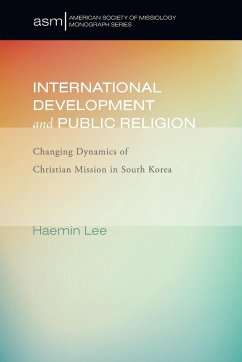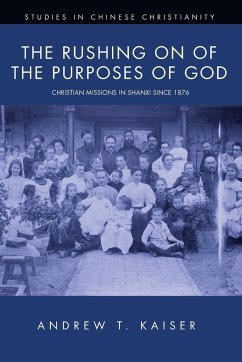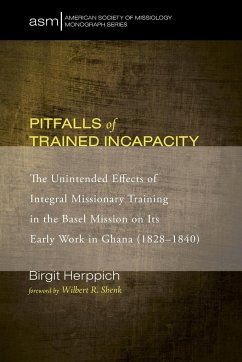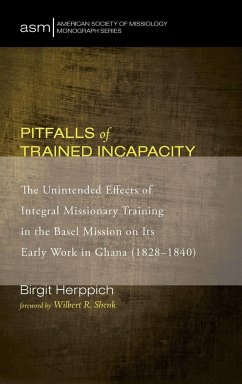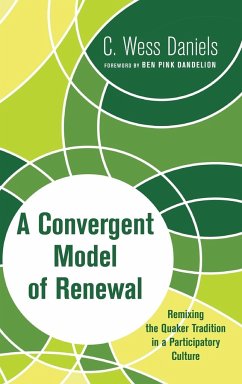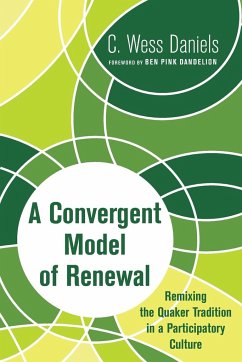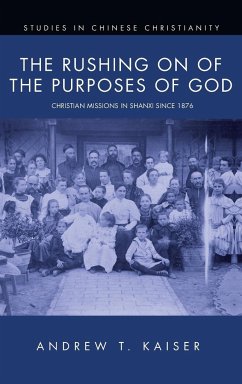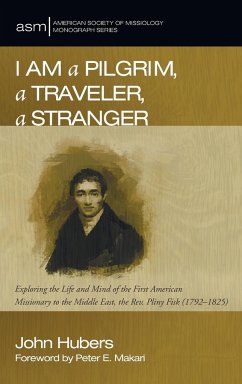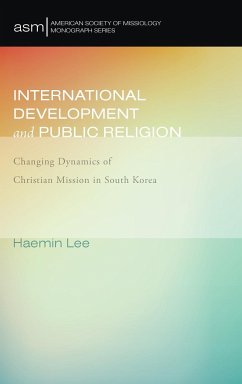
International Development and Public Religion
Versandkostenfrei!
Versandfertig in 1-2 Wochen
29,99 €
inkl. MwSt.
Weitere Ausgaben:

PAYBACK Punkte
15 °P sammeln!
Over the past few decades Christianity in the global South has grown exponentially in size and influence, with many centers emerging around the globe, such as Brazil, South Korea, and Nigeria. One remarkable phenomenon in this process is the rise of faith-based, humanitarian, international, and nongovernmental organizations (NGOs). While traveling to about seventy different countries in Africa, Asia, and Latin America, Haemin Lee has witnessed the surge of faith-based NGOs all around the world. This book explores the role that religion plays in encountering secular society from various angles ...
Over the past few decades Christianity in the global South has grown exponentially in size and influence, with many centers emerging around the globe, such as Brazil, South Korea, and Nigeria. One remarkable phenomenon in this process is the rise of faith-based, humanitarian, international, and nongovernmental organizations (NGOs). While traveling to about seventy different countries in Africa, Asia, and Latin America, Haemin Lee has witnessed the surge of faith-based NGOs all around the world. This book explores the role that religion plays in encountering secular society from various angles by drawing upon discourses in mission studies, sociology of religion, and anthropology of development. Specifically, it probes the development practices of two major Korean organizations, Korea Food for the Hungry International and Good Neighbors. This book investigates the following hypothesis: humanitarian care through international development NGOs appears to be the growing interest of Korean Christian mission and this shows a new direction of Korean Christianity as public religion. However, on closer examination, a more complex reality emerges in which diverse theological and developmental ideals motivate the Korean NGOs' humanitarian efforts. ""The rise of Christianity in South Korea is reflected in the emergence of faith-based, humanitarian NGOs like Korea Food for the Hungry International and Good Neighbors. Haemin Lee probes thoughtfully into the theological underpinnings and development practices of these organizations. Dr. Lee combines academic erudition with extensive visits to the field in examining how Korean Christian mission now includes development goals, and contributes to a new direction in Korean public religion."" --Richard L. Haney, Executive Director, Presbyterian Frontier Fellowship ""Haemin Lee's groundbreaking research and analyses demonstrate that Korean Christian mission initiatives and, by extension, global south Christianity in general may be challenging mainstream missiological trajectories and practices. Growing international humanitarian approaches in mission are bridging the embarrassing gap between mission and development, taking Christians from doing mission for the sake of a narrow Christendom agenda to doing mission for the sake of the world that God so loved and works to reconcile through Christ."" --L. Wesley de Souza, Candler School of Theology, Emory University Haemin Lee is Associate Director at Presbyterian Frontier Fellowship. Originally from South Korea, he holds degrees from Yonsei (BA), Harvard (MDiv), and Emory (ThM; PhD). As an ordained Presbyterian minister, Haemin has served in various ministry areas, including congregational ministry, hospital chaplaincy, global evangelism, and international development. Haemin has traveled to more than seventy different countries in which he oversaw numerous mission programs and taught at Kumi University in Uganda.





